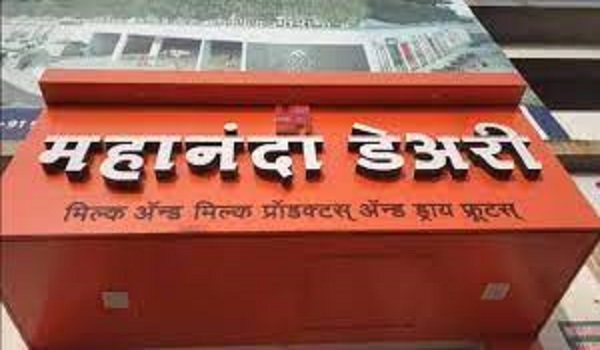The decision to transfer the state’s cooperative milk brand, Mahanand, to the National Dairy Development Board (NDDB) has ignited a heated debate, with farmers’ organizations and opposition parties raising concerns over the move’s potential ramifications for Maharashtra’s dairy sector.
Ajit Nawale, leader of the Akhil Bharatiya Kisan Sangh, criticized the decision, stating, “The decision to hand over Mahanand to NDDB is against the interest of the state’s farmers. It will only help Amul expand in Maharashtra. The Maharashtra government should have saved Mahanand to help farmers get better realization for their milk.”
Allegations have surfaced that the Maharashtra state government’s move is aimed at assisting Amul in strengthening its presence in the region. The board of directors of Mahanand Dairy has passed a resolution to facilitate the handover to NDDB.
Mahanand Dairy, a unit of Maharashtra Rajya Sahakari Dudh Mahasangh Maryadit (MRSDMM), plays a pivotal role in the state’s dairy landscape. In contrast to Gujarat and Karnataka, Maharashtra lacks a prominent cooperative milk brand, with over 300 competing brands in the state. The absence of a dominant brand has led to intense market competition, resulting in lower prices for farmers.
Opposition parties, including Shiv Sena and Congress, have alleged that the decision to hand over Mahanand to the NDDB is a strategic move to benefit Gujarat’s Amul. The dairy has faced financial challenges, currently collecting only 70,000–90,000 litres of milk per day compared to its peak daily collection of 11 lakh litres.
Industry insiders attribute Mahanand’s financial struggles to operational inefficiencies, overstaffing for political reasons, and the inability to pay salaries. Despite the opposition, the dairy’s proposal suggests retaining the current board of directors after the handover to NDDB.
The decision to transfer Mahanand follows a similar move with Jalgaon Milk Co-operative, which was previously handed over to NDDB, turned profitable, and subsequently returned to local management. The controversy surrounding Mahanand’s fate underscores the delicate balance between preserving local interests and accommodating national dairy players.


